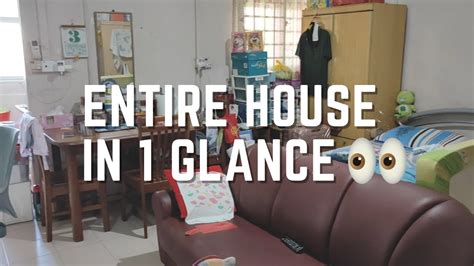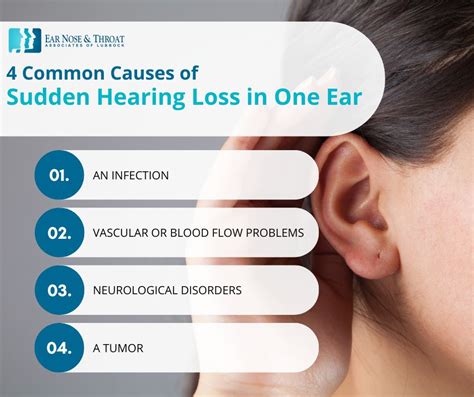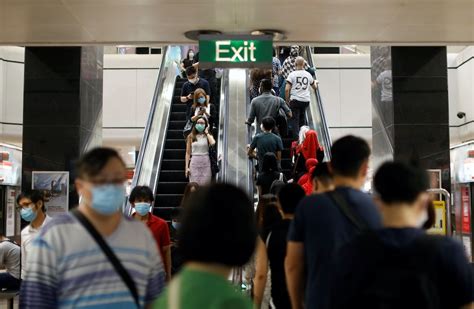Introduction
The retina is a thin layer of tissue at the back of the eye that converts light into electrical signals. These signals are then sent to the brain, where they are interpreted as images. Retina specialists are eye doctors who have received additional training in the diagnosis and treatment of retinal diseases.

Retina Conditions
There are many different conditions that can affect the retina, including:
- Macular degeneration: This is a condition that causes the macula, the central part of the retina, to deteriorate. Macular degeneration is the leading cause of vision loss in people over the age of 50.
- Diabetic retinopathy: This is a condition that damages the blood vessels in the retina. Diabetic retinopathy is a leading cause of blindness in people with diabetes.
- Retinal detachment: This is a condition that occurs when the retina separates from the back of the eye. Retinal detachment can be a medical emergency.
- Retinitis pigmentosa: This is a group of inherited conditions that cause the retina to deteriorate over time. Retinitis pigmentosa can lead to blindness.
Symptoms of Retina Conditions
The symptoms of retina conditions can vary depending on the condition. However, some common symptoms include:
- Blurred vision
- Floaters or spots in your vision
- Difficulty seeing in low light
- Distorted vision
- Loss of central vision
- Loss of peripheral vision
Diagnosis of Retina Conditions
Retina conditions are diagnosed through a comprehensive eye exam. During an eye exam, your eye doctor will:
- Check your vision
- Examine the outside of your eye
- Dilate your pupils and examine the inside of your eye
- Take pictures of your retina
Treatment of Retina Conditions
The treatment of retina conditions depends on the condition. However, some common treatments include:
- Laser treatment: Laser treatment can be used to seal leaking blood vessels or to shrink abnormal tissue.
- Injections: Injections can be used to deliver medication to the retina.
- Surgery: Surgery may be necessary to repair a retinal detachment or to remove abnormal tissue.
Prevention of Retina Conditions
There are no surefire ways to prevent retina conditions, but there are some things you can do to reduce your risk, such as:
- Get regular eye exams: Regular eye exams can help your eye doctor detect and treat retina conditions early on.
- Control your blood sugar: If you have diabetes, it is important to control your blood sugar levels to reduce your risk of diabetic retinopathy.
- Wear sunglasses: Wearing sunglasses can help protect your eyes from the sun’s harmful UV rays.
- Eat a healthy diet: Eating a healthy diet can help keep your eyes healthy.
Common Mistakes to Avoid
There are a few common mistakes that people make when it comes to their eye health. These mistakes can lead to serious problems, including vision loss. Here are a few things to avoid:
- Ignoring your symptoms: If you are experiencing any symptoms of a retina condition, it is important to see an eye doctor right away. Do not ignore your symptoms, as they could be a sign of a serious problem.
- Skipping your eye exams: Regular eye exams are important for maintaining good eye health. Skipping your eye exams can increase your risk of developing a retina condition.
- Not following your doctor’s orders: If your doctor prescribes you medication or treatment for a retina condition, it is important to follow their orders carefully. Not following your doctor’s orders can lead to serious problems.
How to Step-by-Step Approach
If you are experiencing any symptoms of a retina condition, it is important to see an eye doctor right away. Your eye doctor will perform a comprehensive eye exam to diagnose the condition and recommend the best course of treatment.
The following steps can help you to find the best eye specialist and retina surgeon for your needs:
- Get referrals from your primary care physician or other healthcare providers.
- Research eye specialists and retina surgeons in your area.
- Read online reviews of eye specialists and retina surgeons.
- Schedule an appointment with an eye specialist and retina surgeon to discuss your symptoms and treatment options.
- Ask questions about the experience and qualifications of the eye specialist and retina surgeon.
- Choose an eye specialist and retina surgeon who you feel comfortable with and who you trust.
Pros and Cons
There are several benefits to seeing an eye specialist and retina surgeon, including:
- Accurate diagnosis: Eye specialists and retina surgeons have the training and experience to accurately diagnose retina conditions.
- Effective treatment: Eye specialists and retina surgeons can provide effective treatment for retina conditions, which can help to preserve your vision.
- Convenience: Seeing an eye specialist and retina surgeon can be convenient, as they can often provide comprehensive eye care in one location.
However, there are also some potential drawbacks to seeing an eye specialist and retina surgeon, including:
- Cost: Seeing an eye specialist and retina surgeon can be expensive, especially if you do not have health insurance.
- Time commitment: Seeing an eye specialist and retina surgeon can be time-consuming, as it may require multiple appointments.
- Availability: Eye specialists and retina surgeons may not be available in all areas.
Tables
Table 1: Common Retina Conditions
| Condition | Symptoms | Treatment |
|---|---|---|
| Macular degeneration | Blurred vision, difficulty seeing in low light, distorted vision, loss of central vision | Laser treatment, injections, surgery |
| Diabetic retinopathy | Blurred vision, floaters or spots in vision, difficulty seeing in low light, distorted vision, loss of central vision, loss of peripheral vision | Laser treatment, injections, surgery |
| Retinal detachment | Blurred vision, floaters or spots in vision, difficulty seeing in low light, distorted vision, loss of central vision, loss of peripheral vision, flashing lights | Surgery |
| Retinitis pigmentosa | Night blindness, difficulty seeing in low light, loss of peripheral vision, loss of central vision | No cure, but treatments can help to slow the progression of the disease |
Table 2: Symptoms of Retina Conditions
| Symptom | Possible Cause(s) |
|---|---|
| Blurred vision | Macular degeneration, diabetic retinopathy, retinal detachment, retinitis pigmentosa |
| Floaters or spots in vision | Macular degeneration, diabetic retinopathy, retinal detachment, retinitis pigmentosa |
| Difficulty seeing in low light | Macular degeneration, diabetic retinopathy, retinitis pigmentosa |
| Distorted vision | Macular degeneration, diabetic retinopathy, retinal detachment |
| Loss of central vision | Macular degeneration, diabetic retinopathy, retinal detachment |
| Loss of peripheral vision | Macular degeneration, diabetic retinopathy, retinitis pigmentosa |
Table 3: Treatment Options for Retina Conditions
| Treatment | Description |
|---|---|
| Laser treatment | Laser treatment can be used to seal leaking blood vessels or to shrink abnormal tissue. |
| Injections | Injections can be used to deliver medication to the retina. |
| Surgery | Surgery may be necessary to repair a retinal detachment or to remove abnormal tissue. |
Table 4: How to Prevent Retina Conditions
| Prevention Tip | Explanation |
|---|---|
| Get regular eye exams | Regular eye exams can help your eye doctor detect and treat retina conditions early on. |
| Control your blood sugar | If you have diabetes, it is important to control your blood sugar levels to reduce your risk of diabetic retinopathy. |
| Wear sunglasses | Wearing sunglasses can help protect your eyes from the sun’s harmful UV rays. |
| Eat a healthy diet | Eating a healthy diet can help keep your eyes healthy. |
















